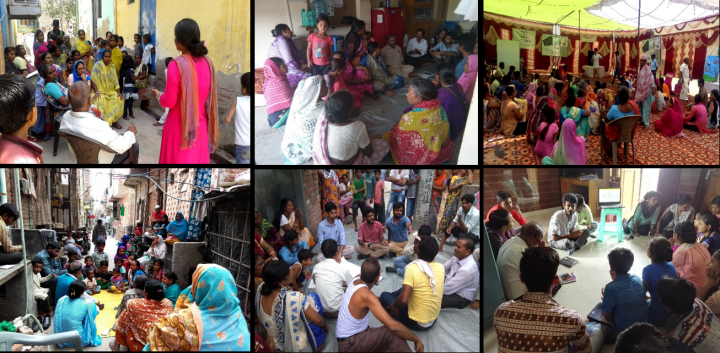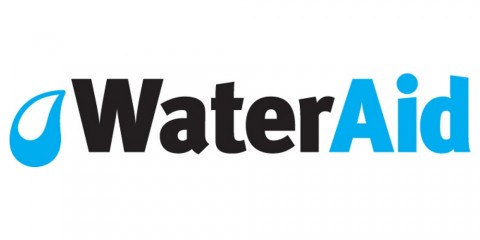Demonstration of a decentralized and sustainable FSM solution in a low-income resettlement colony in Delhi
2016 - 2018 • WaterAid India
Purpose
To develop and demonstrate a technically, economically, and socially effective and viable FSM management model for low-income settlements of Delhi and other similar urban areas in India
Activities
The project aims to demonstrate a small-scale pilot of a viable and sustainable decentralised FSM solution in an urban low-income re-settlement colony in Delhi. In future, the proposed project intends to provide technical advisory support to the Delhi Government to facilitate adoption of such practices in similar low-income high-density settlements in the city. Additionally, we will setup a stakeholder dialogue platform to bring together government departments, NGOs, community groups and private sector to ensure that the demonstration integrates both public policy objectives with local preferences.
There will be activities undertaken to engage the communities and enhance educational programmes on FSM.
The proposed project will also address contemporary innovations encompassing the entire containment, collection, transport, treatment/reuse sanitation value chain, and develop a viable business model for successful demonstration of the solution. To achieve the desired impact, we will be working closely with relevant government agencies such as the Delhi Jal Board (DJB), and the Delhi Urban Shelter Improvement Board (DUSIB).
The consortium successfully convinced decision makers from Government agencies, that is, Delhi Jal Board (DJB) and Delhi Urban Shelter Improvement Board (DUSIB) for demonstration of FSM project in Delhi, which resulted into gaining their inputs in technology design finalization and approval, willingness to own the FSTP post successful commissioning and implementation of the project.
The other biggest success is securing required land for FSTP construction and consistent support & participation by both the government agencies at various platform in the project processes.
Images

Image: Community mobilisation meetings
Countries of activity
Location of main activity
Objectives
• To demonstrate a small scale decentralized, viable and sustainable FSM solution in Savda Ghevra resettlement colony with replication & scale-up potential to Delhi or elsewhere in India
• To develop a solution engaging communities, relevant Government authorities and other stakeholders in a participatory manner
• To create a demonstration based on a modular design for treatment of faecal sludge which can be expanded in a phased manner with corresponding investments
• To address contemporary innovations encompassing the entire sanitation value chain – containment, collection, transport, treatment/reuse, and develop a viable business model for successful demonstration of the FSM solution
• To help facilitate creation of a favorable opinion within government departments to expand this to address the problem of FSM in low-income urban settlements in India.
Further information
Research or implementation partners:
WaterAid India (WAI) along with its partners International Water Management Institute (IWMI) and Centre for Urban and Regional Excellence (CURE) is implementing a pilot project on Sustainable Faecal Sludge Management (FSM) and Decentralised Sanitation Solution for low-income community (Savda Ghevra) in Delhi.
WaterAid India is registered as Jal Seva Charitable Foundation (JSCF) in the country. JSCF is an associate member of WaterAid International. Thus, WaterAid India is the recipient of the money from Gates Foundation.
Filter tags
Bill & Melinda Gates Foundation Cities East Asia & Pacific Emptying and transport (non sewered) Faecal sludge treatment processes International NGO Operation, maintenance and sustainable services Political processes and institutional aspects Politicians and local decision makers Specific to one or several countries Treatment of faecal sludge Urban informal settlements (slums)
















